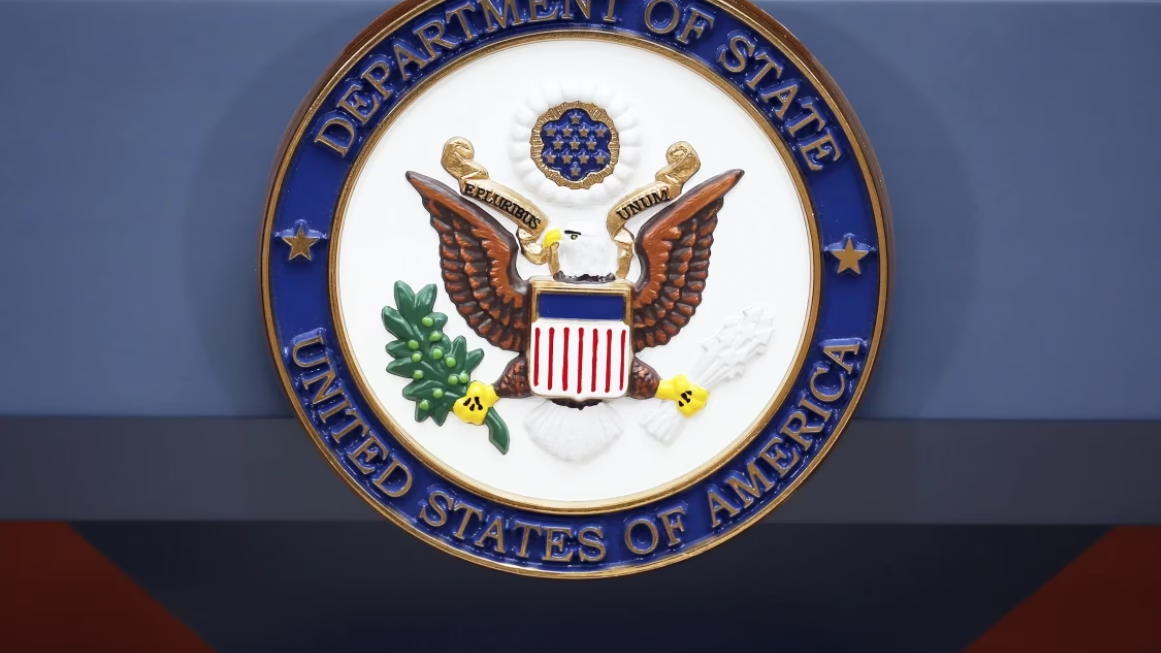U.S. to Re-Vet 55 Million Visa Holders: What Trump’s Policy Means for Ghanaian Travelers and Students

The Trump administration has launched a sweeping review of about 55 million foreigners who already hold valid U.S. visas, expanding a “continuous vetting” regime that allows the State Department to revoke visas if new information indicates a holder is ineligible. Offences and triggers include overstays, certain criminal activity, public-safety threats, or links to terrorism, according to officials.
Officials say the re-vetting now applies broadly across visa categories—including tourists, students and temporary workers—marking a significant escalation from earlier crackdowns focused more narrowly on students and specific protest activities. The enhanced checks include reviews of social-media activity and other data sources; if a visa is revoked while the person is in the U.S., they may face removal.
The scope of the policy suggests that many people outside the U.S. with multi-entry visas will also be reviewed, not just those currently in the country. Early figures cited by the administration say over 6,000 student visas have already been revoked since January, with a small fraction tied to terrorism-related concerns.
In a parallel move, Secretary of State Marco Rubio announced a pause on issuing worker visas for commercial truck drivers pending a review of screening and English-proficiency standards—an action the administration frames as a road-safety and jobs measure, and critics view as part of a broader effort to deter foreign hiring.
What this means for Ghanaians
Ghana is not part of the U.S. Visa Waiver Program, so Ghanaian tourists, business travelers, students and workers with valid U.S. visas are within the 55 million subject to continuous vetting. Holders should strictly follow visa conditions (duration of stay, work limits, address reporting where applicable) and be mindful that new information—even after visa issuance—can lead to revocation.
Reactions and scrutiny
Civil-liberties and immigration analysts warn the policy could chill lawful speech—especially given the social-media checks—and place large administrative burdens on agencies. Supporters counter that continuous vetting is essential to national security in a dynamic threat environment.
Nsemgh will continue monitoring how the policy is implemented—including any country-specific impacts or changes to interview procedures at the U.S. Embassy in Accra.

